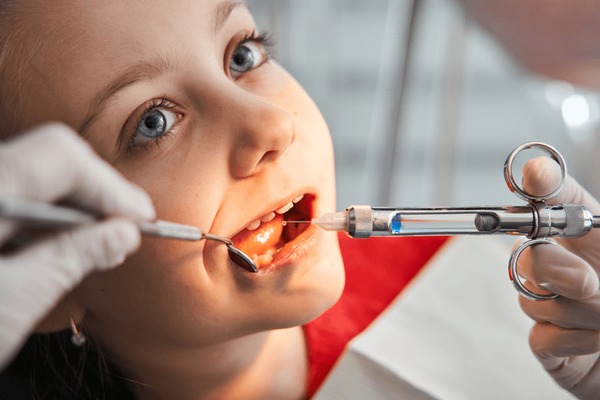Dental Numbing Feels Itchy

The sensation of dental numbing can be a peculiar one, often leaving patients with a variety of unusual feelings in their mouth and surrounding areas. Among these, itchiness is a common complaint, though it may seem counterintuitive given the numbing effect of the anesthetics used. To understand why dental numbing might feel itchy, it’s essential to delve into the nature of dental anesthesia and its effects on the body.
Dental anesthesia works by blocking the nerve signals in your mouth, effectively numbing the area where the procedure is being performed. This is typically achieved through the use of local anesthetics such as lidocaine, articaine, or mepivacaine. These substances interrupt the pain pathway, ensuring that you don’t feel pain during dental procedures like fillings, extractions, or root canals. However, the numbing effect is not just limited to pain; it can also affect other sensations, including touch and pressure, due to its influence on the nerve endings.
The itchiness associated with dental numbing is often attributed to several factors:
Nerve Stimulation: The injection of anesthesia can stimulate nerve endings, leading to a variety of sensations, including itching. This is because the anesthetic affects not just pain receptors but all types of sensory nerve endings, including those responsible for touch, pressure, and possibly itching sensations.
Histamine Release: Some local anesthetics can cause the release of histamine from mast cells, leading to increased blood flow, swelling, and potentially itching sensations in the affected area. Although this is more commonly associated with allergic reactions, it can also occur as a side effect of the anesthetic.
Dry Mouth: Dental procedures often require the mouth to be open for extended periods, which can lead to dryness. A dry mouth can irritate the mucous membranes and skin, potentially causing an itchy sensation. Moreover, the lack of saliva can affect the normal flora of the mouth, leading to irritations.
Psychological Factors: The anticipation and anxiety related to dental procedures can heighten sensitivity to any sensation, making patients more aware of and bothered by sensations like itching that they might otherwise find minor.
It’s also worth noting that the sensation of itchiness after dental numbing can sometimes be part of a broader set of post-procedure symptoms, which may include swelling, bruising, and temporary changes in sensation such as tingling or numbness that persists for a few hours after the procedure.
What Can You Do?
- Stay Hydrated: Drinking plenty of water can help keep your mouth moist and reduce irritation.
- Follow Post-Procedure Instructions: Your dentist will provide specific instructions to care for your mouth after the procedure, which can help minimize discomfort.
- Use Saline Rinses: Gentle rinsing with salt water can help keep the area clean and reduce swelling.
- Avoid Irritating the Area: Refrain from touching or scratching the itchy area, as this can lead to further irritation or even infection.
- Over-the-Counter Medications: In some cases, your dentist might recommend over-the-counter pain relievers or antihistamines to manage discomfort and itching.
If the itchiness persists or is accompanied by other concerning symptoms such as significant swelling, redness, or pain, it’s crucial to contact your dentist. They can provide personalized advice and treatment to manage any post-procedure discomfort and ensure that your recovery progresses smoothly.
Understanding the causes and management of itchiness associated with dental numbing can make the experience of dental procedures less mystifying and more comfortable for patients. It’s a reminder that while dental anesthesia is a crucial tool for pain management, its effects can be multifaceted, influencing a range of sensations beyond just pain.
Why does dental numbing sometimes feel itchy?
+Dental numbing can feel itchy due to several reasons, including nerve stimulation, histamine release leading to increased blood flow and swelling, dry mouth, and psychological factors such as heightened sensitivity due to anxiety.
How long does the itchy sensation from dental numbing last?
+The itchy sensation typically lasts for a few hours after the dental procedure, corresponding with the duration of the numbing effect. However, this can vary depending on the individual and the specifics of the procedure.
Can I do anything to prevent the itchy sensation after dental numbing?
+While it may not be possible to completely prevent the itchy sensation, staying hydrated, following post-procedure care instructions, and avoiding irritants can help minimize discomfort.
In conclusion, the itchy sensation associated with dental numbing, though uncomfortable, is generally a temporary and manageable side effect of dental procedures. By understanding its causes and taking appropriate care, patients can better navigate their dental treatment experiences, ensuring that the benefits of dental care are not overshadowed by unnecessary discomfort.
